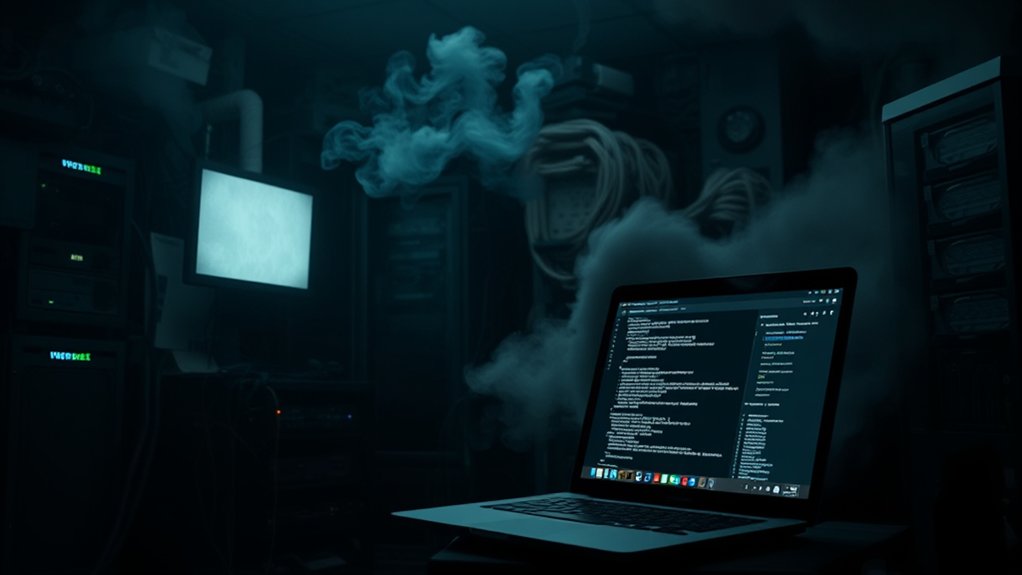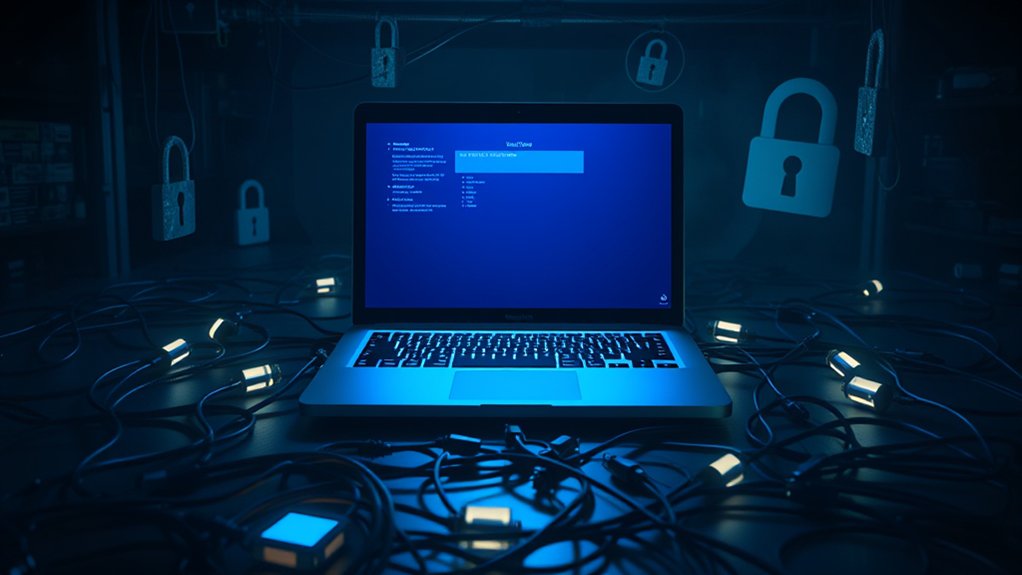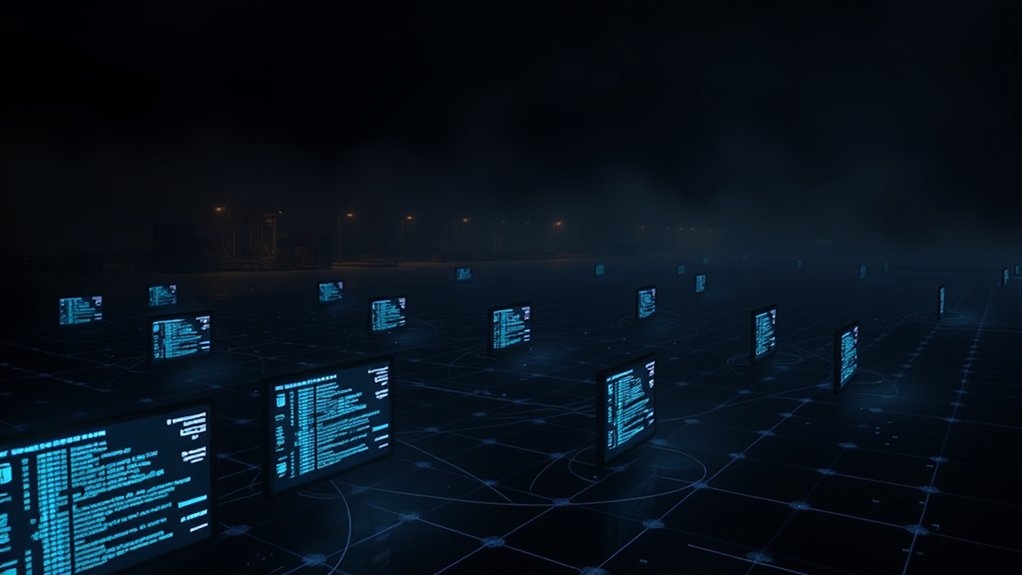JPMorgan Chase’s Chief Information Security Officer (CISO) has issued a stark warning regarding the security practices of software vendors, particularly those operating under Software as a Service (SaaS) models.
The CISO highlighted that SaaS models considerably concentrate risk among a select few providers, which leads to critical single points of failure. This concentration can have widespread ramifications; breaches within these providers have the potential to disrupt critical global infrastructures.
SaaS models create critical single points of failure, risking severe disruptions to global infrastructures during breaches.
In recent years, as SaaS has gained momentum, a troubling dichotomy has emerged between rapid innovation and security. Zero-day vulnerabilities remain a significant concern, with attacks often resulting in substantial financial losses. Vendors often prioritize efficiency and new functionalities over strong security measures, which has increased vulnerability across the software supply chain.
Historical security practices that once mitigated the extent of breaches now struggle against the interconnected systems that dominate today’s technology environment. According to estimates, third-party vendors have experienced a notable increase in security incidents, underscoring the urgency for immediate protective measures.
The CISO’s open letter serves as a call to action, urging software suppliers to prioritize secure-by-design security and modernize their architectures. The financial industry is beginning to echo these concerns, as regulatory pressure mounts for vendors to comply with new security standards.
Reliance on vendor reputation is no longer satisfactory; continuous proof of software integrity is now crucial. Implementing continuous verification processes has emerged as a primary strategy to maintain software integrity without impeding development speed. As enterprises face the challenge of managing complex dependencies, it becomes increasingly vital for vendors to adopt proactive measures in order to address evolving threats.
The implications of lax security practices extend beyond individual companies, as vulnerabilities in software supply chains pose systemic risks to the global economy. Multinational corporations depend heavily on interconnected technologies, making them susceptible to disruptions from security breaches.
As organizations increasingly adopt SaaS solutions, the consequences of a breach could resonate widely, potentially undermining economic stability.
In response to this growing crisis, the industry must adopt secure-by-design principles and establish strong standards for software development and supply chain management. The time for urgent action is now, as the interconnected nature of modern software amplifies risks, demanding immediate rectification.









